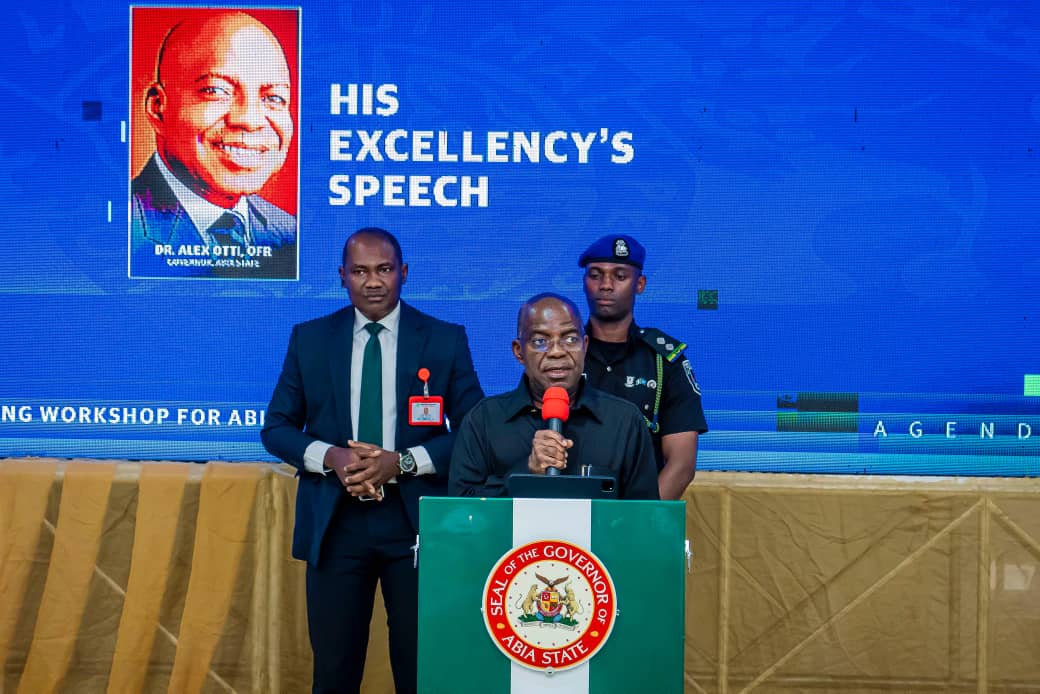
The Hidden Side of Criticism: Unpacking the Pushback Against Governor Otti’s Administration in Abia State
Author: Oluebube A. Chukwu
n any democratic system, a transition of power often brings both anticipation and opposition, as new leadership settles in and adjusts/adopts priorities and doctrine of Due Process. Abia State’s recent shift, with Governor Alex Otti’s electoral win, has followed this pattern, with the former ruling party moving into opposition. Healthy opposition is essential to democratic checks and balances, but in Abia, critics of Governor Otti have launched a stream of intense attacks, seemingly aimed less at policy critique and more at discrediting the new administration at every turn. Since taking office, Governor Otti has focused on addressing deep-rooted systemic issues, including corruption and fraud, which reportedly proliferated under the previous government. One significant instance is the arrest of a staff member from the State Audit Office, accused of involvement in a pension fraud scheme. This arrest has reportedly led to the identification of a larger network, with one key individual allegedly abroad and awaiting possible extradition. Governor Otti’s administration has viewed this discovery as part of a broader mission to bring transparency to the state’s financial dealings. Rather than acknowledging these issues, however, some critics have used the recent arrests to cast doubt on the administration’s motives, suggesting that the actions are politically motivated. Observers note that this type of pushback sidesteps the significance of tackling corruption an effort crucial to establishing good governance and public trust. One vocal critic has even publicly defended individuals implicated in the fraud case, leading many to question the motivations behind such opposition. Some of these critics, who themselves face serious allegations, have continued their outcry on social media, seemingly seeking to divert public attention from the real issues at hand. The administration views this wave of criticism as a distraction tactic, an attempt to create a smokescreen and shift the focus away from the core issues of transparency and accountability. Governor Otti emphasize that no amount of negative press or social media attacks will deter the government from prosecuting those involved in fraud. No serious government can be blackmailed into allowing criminality to continue. As the fraud case proceeds to court, analysts expect the legal process may reveal the depth of misconduct that the prior administration allegedly tolerated. Many argue that addressing these entrenched practices is essential not only for the financial health of Abia State but also for creating a culture of integrity that future administrations can build upon. Despite the barrage of criticism, Governor Otti’s team remains committed to tackling Abia’s longstanding issues. Supporters argue that some resistance from critics is a natural consequence of disrupting entrenched interests and introducing genuine reforms and Due Process philosophy. They emphasize that the administration’s commitment is to justice and not political retaliation. As Abia State moves forward, community support and the public’s ability to differentiate constructive criticism from baseless attacks will play a great role. For many, the choice is clear, back an administration working to correct the past or allow inefficiency and corruption to remain obstacles to progress. Oluebube A. Chukwu, PhD writes from Umuahia.
